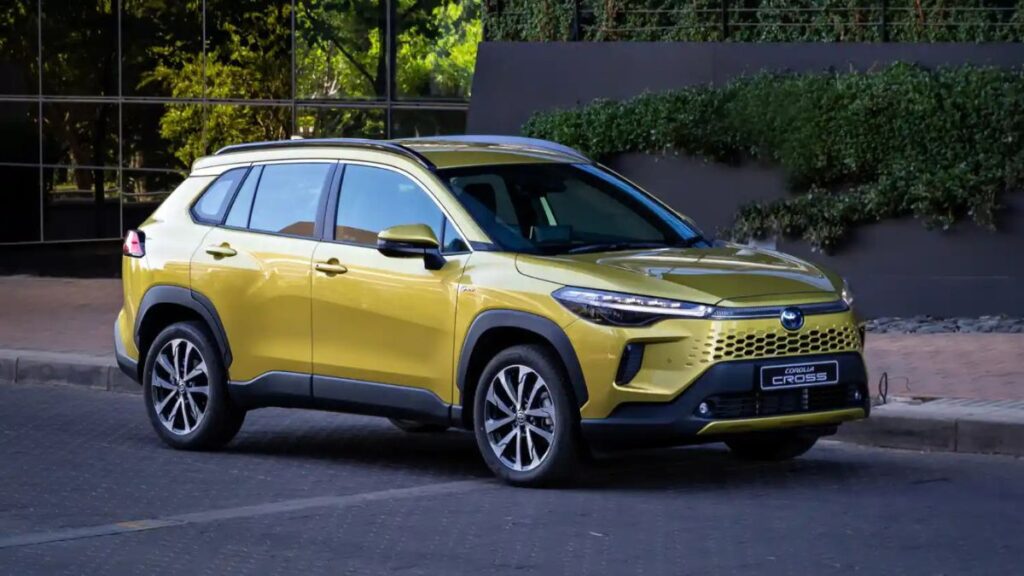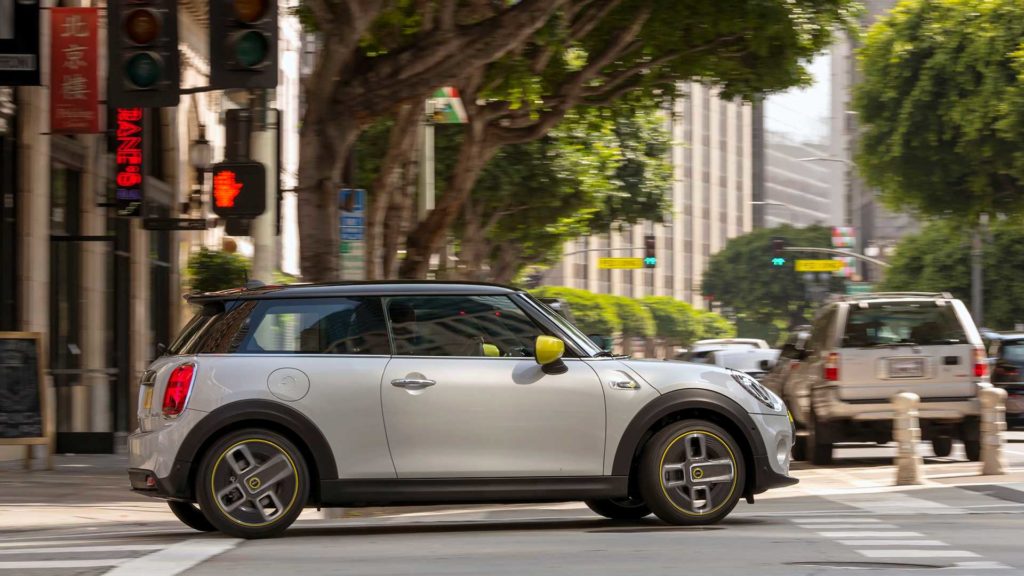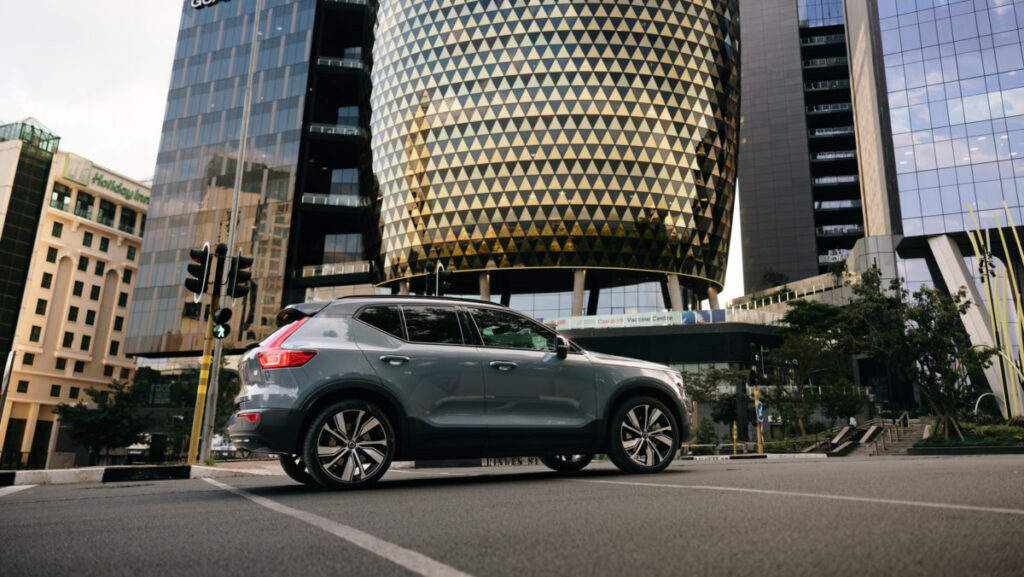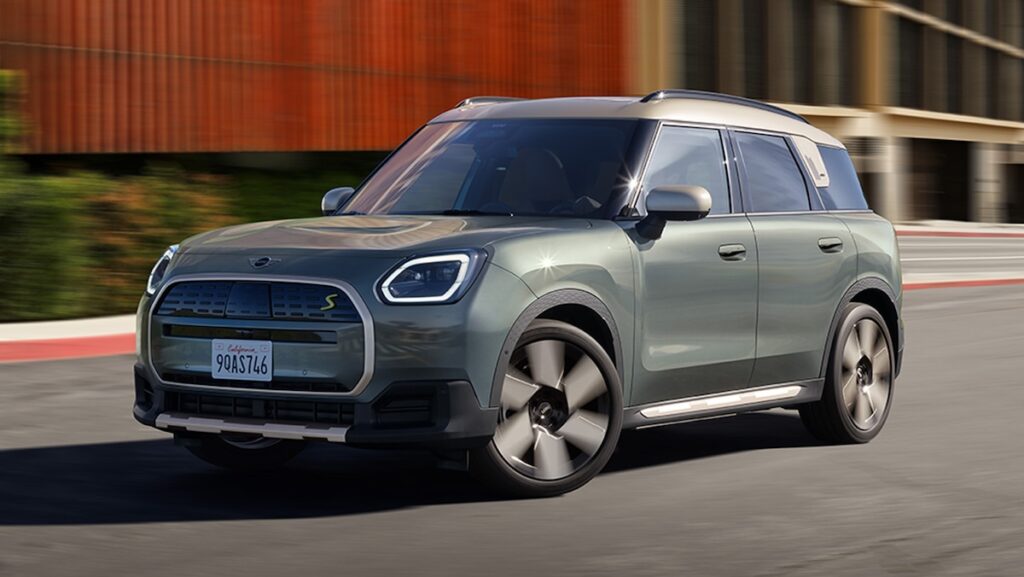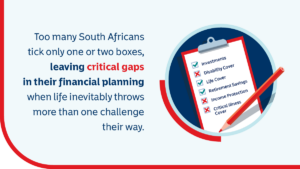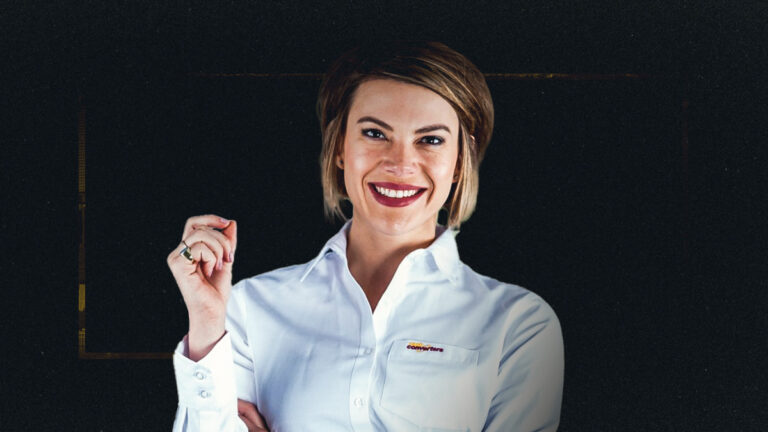Big price difference between petrol and electric cars in South Africa
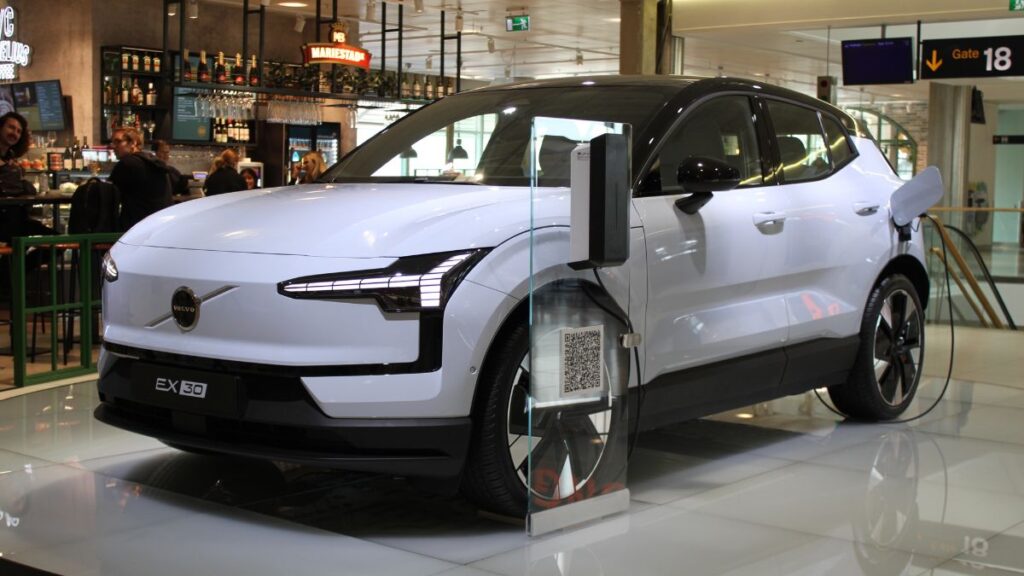
Investec has highlighted the continued growth of new energy vehicles in South Africa, with electric cars having potential cost savings for motorists, even if the initial outlay is far higher.
New energy vehicles run on energy sources that are not exclusively petrol or diesel. They are designed to reduce emissions and lessen the environmental impact of transport.
In South Africa, where fuel prices are high and pollution is becoming a growing concern, these new energy vehicles can offer a cleaner and cost-effective transport alternative.
Although South Africa’s adoption rate is low compared to developed nations, momentum is building as battery costs drop, renewable energy expands, and policies begin to support greener transport.
Investec highlighted the three main types of new energy vehicles that all use different technologies to lower emissions:
- Electric vehicles: These run entirely on electricity. They have lower running costs but can be more expensive upfront and may have limited driving range depending on the model. In South Africa, EV adoption is growing steadily and is expected to continue increasing.
- Hybrid electric vehicles: These combine a petrol engine with a small electric motor, offering flexibility in fuel use. However, their complexity means maintenance costs can be higher due to more moving parts.
- Plug-in hybrids: These serve as a bridge for those transitioning to electric vehicles. They can run on electric power for shorter trips but still use petrol for longer journeys, offering the best of both worlds.
Electric vehicles, which are not reliant on petrol or diesel like hybrids, have a driving experience that differs from traditional internal combustion engine (ICE) cars.
Driving an electric car means users must embrace new habits of carefully planning long-range charging stops.
However, during daily urban driving, charging can be done conveniently at home, making the process somewhat easier.
EVs also don’t require frequent visits to fuel stations, reducing stress and saving time. The instant torque in electric vehicles also makes them enjoyable to drive.
Longer trips require some planning around charging points as efficiency drops at higher speeds, but EVs are still primarily designed for urban driving.
“Overall, once drivers understand and accept these differences, electric vehicles quickly become the preferred choice, especially for city commutes and regular use,” said Investec.
Owning an electric vehicle doesn’t just offer strong performance from the get-go, but can also have lower running and maintenance costs over time.
Charging at home keeps the charging costs lower, particularly when using off-peak tariffs. When using solar power, the price can drop to near zero.
Public charging can cost between R1.50 and R3.50 per kWh, depending on the station and available charging options.
EV batteries also typically last eight to 10 years, and even longer with proper care. Battery replacement costs are around R100,000 but are expected to decrease with technological advancements.
Big initial outlay
Although maintenance and service costs will often be cheaper for EVs, they still require a hefty initial outlay compared to their ICE counterparts.
This can be seen with brands that offer the same model in both ICE and EV versions, which reveal significant cost differences.
For instance, the electric Mini Countryman SE costs over R1 million, while its ICE counterparts start from just over R700,000.
The cost of upgrading from an ICE engine to a hybrid one is cheaper, with the increase in price for the newly launched Chery Tiggo Cross R40,000 more expensive.
South Africa is reducing EV import duties, which could lead to greater uptake. However, electric vehicles still have a long way to go before they are affordable for the average South African.
The breakdown below highlights the difference between the same model of car across different energy sources:
Chery Tiggo Cross
- Hybrid Version – Starts from R399,900
- ICE Version – Starts from R439,900
- Difference – R40,000
Toyota Corolla Cross
- Hybrid Version – Starts from R414,800
- ICE Version – Starts from R494,400
- Difference – R79,600
Mini Cooper
- Electric Version – Starts from R802,000.00
- ICE Version – Starts from R595,000.00
- Difference – R208,000
Volvo XC40
- Electric Version- Starts from R1,108,000
- Hybrid Version – Starts from R842,300
- Difference – R266,000
Mini Countryman
- Electric Version – Starts from R1,086,000.00
- ICE Version – Starts from R717,600.00
- Difference – R350,400

